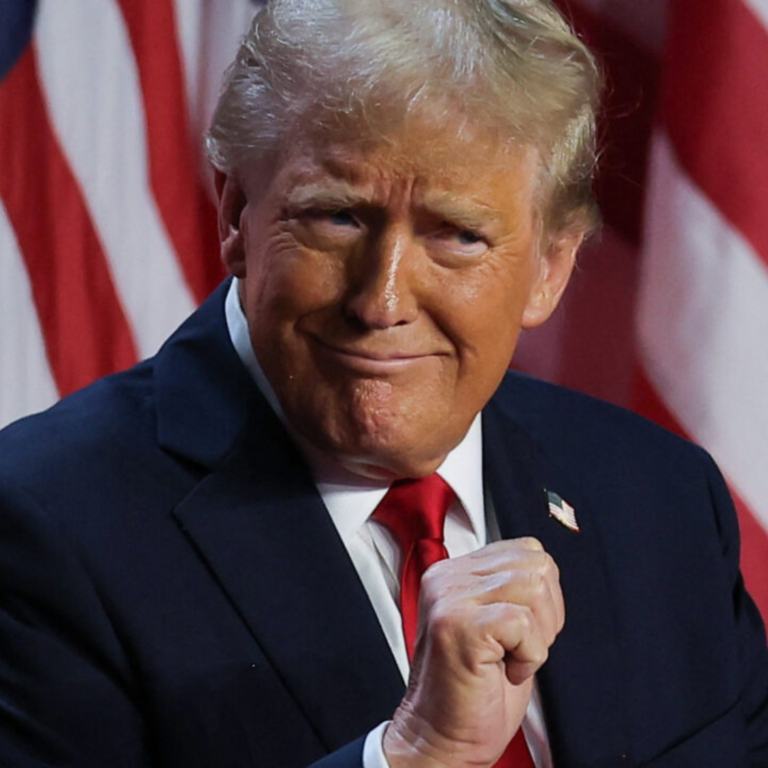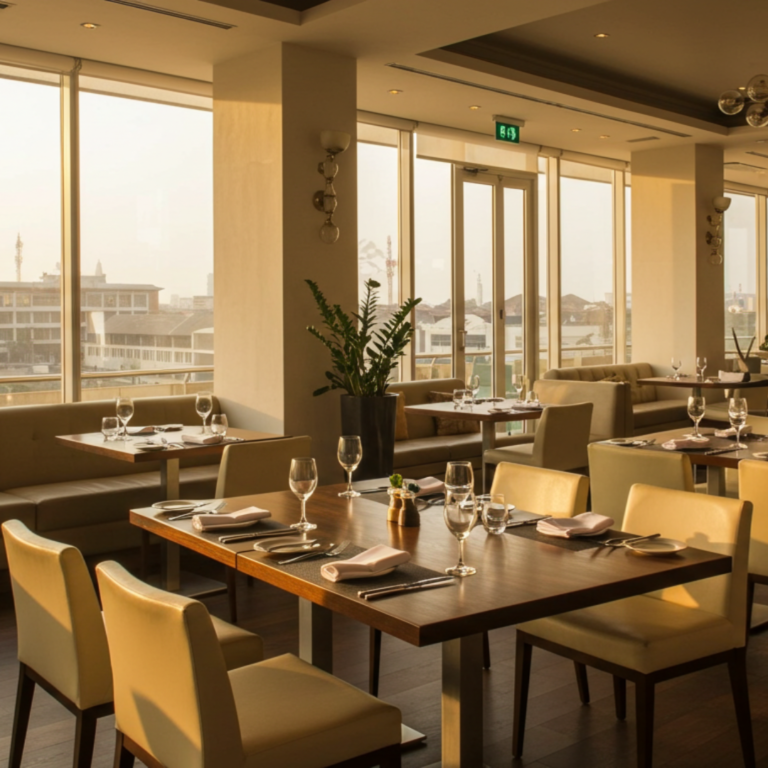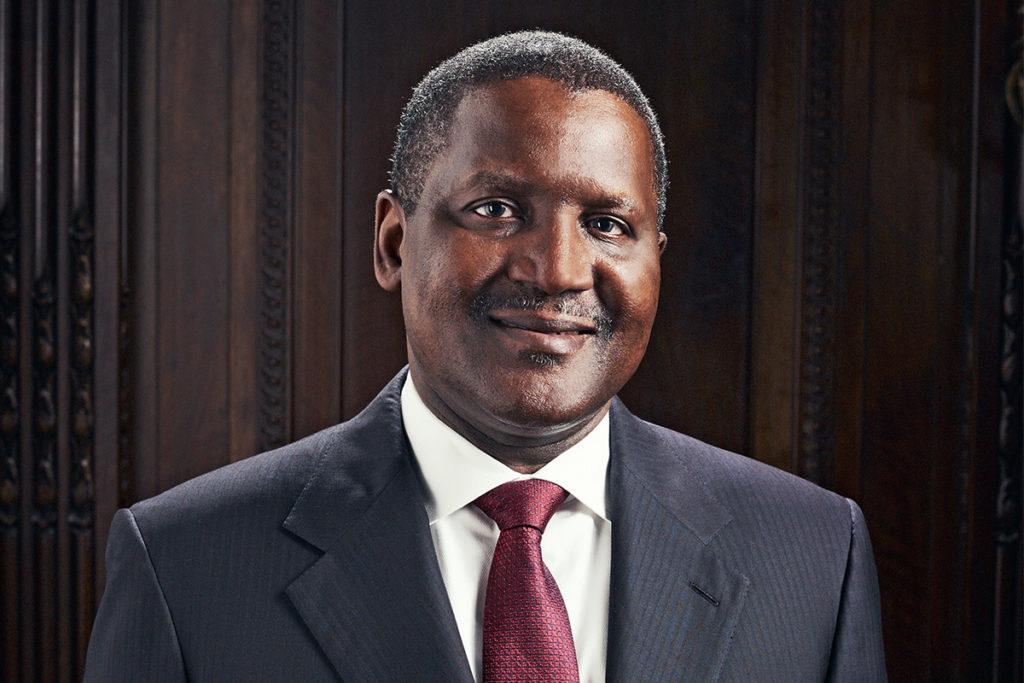
We know their names, and we’ve heard the stories. But what exactly are the richest men in Nigeria doing with their money in 2025, and what can you learn from them?
These men aren’t just rich. They’ve held onto power and wealth through regime changes, recessions, and shifting policies. Beyond the billions, their business moves say a lot about how wealth is built and protected in Nigeria.
Here are the top 10 richest men in Nigeria, what they’re doing right and what you might learn from it.
1. Aliko Dangote — $23.9 billion
Dangote has been Nigeria’s richest man for over a decade, mainly because he figured out early that the actual money was in everyday products — cement, sugar, salt, pasta — things people always need. Dangote controls his supply chain from raw material to final product. Lately, however, his focus has shifted to petrol, and the Dangote Refinery is his biggest bet yet, increasing his net worth by 100% and becoming the 86th richest in the world.
- Industry: Cement, Food, Petroleum.
- Companies owned: Dangote Cement, Dangote Sugar, Dangote Salt, Dangote Flour, and the Dangote Refinery.
- Estimated net worth: $23.9 billion (Forbes, 2025).
- First big break: In 1977, Dangote got a ₦500,000 loan from his uncle to trade essential commodities such as sugar, rice and cement.
- Recent move: After years of delays, his refinery started operations in 2023. It’s designed to produce 650,000 barrels of crude oil daily, more than the combined 445,000 barrels daily capacity of Nigeria’s four state-owned refineries, which rarely run at full capacity.
- What you can learn: As the richest man in Africa, he didn’t chase hype. He built wealth around everyday needs and owned as much of the process as possible.
2. Abdulsamad Rabiu — $7.6 billion
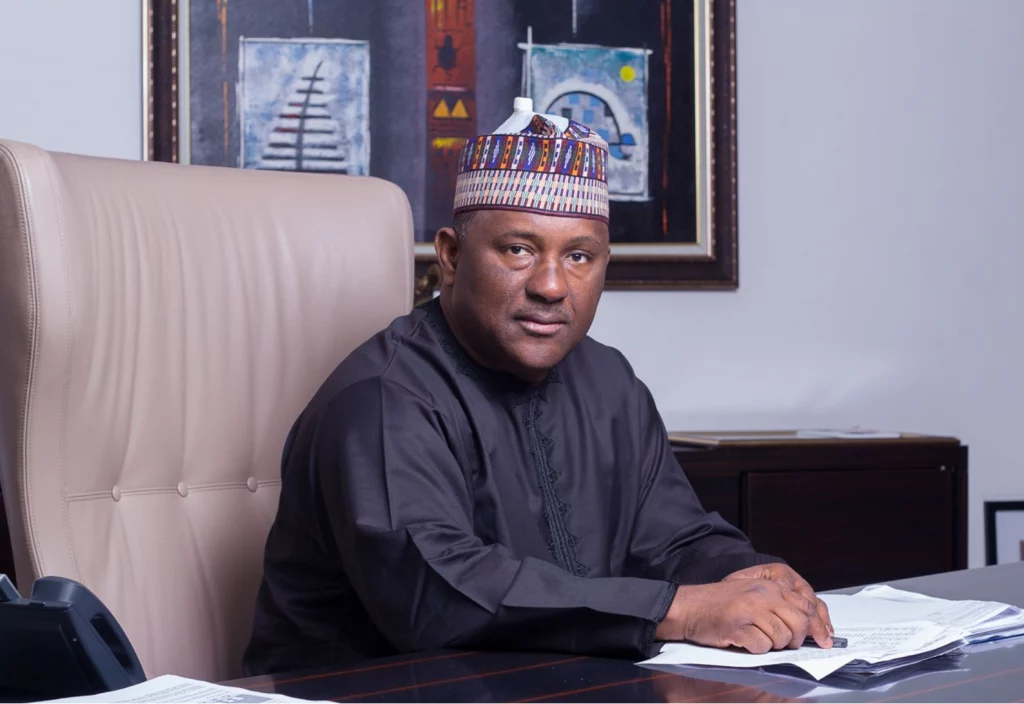
Rabiu scaled his late father’s local trading business into a large-scale manufacturing empire. Today, his cement and food companies, BUA Cement and BUA Foods, are major players on the Nigerian Stock Exchange.
- Industry: Manufacturing, Cement, Food.
- Companies owned: BUA Cement, BUA Foods, BUA Oil Mills, and BUA Estates.
- Estimated net worth: $7.6 billion.
- First big break: Took over the family business after his father’s passing in 1983.
- What you can learn: Legacy businesses can grow with focus and structure.
3. Mike Adenuga — $6.7 billion
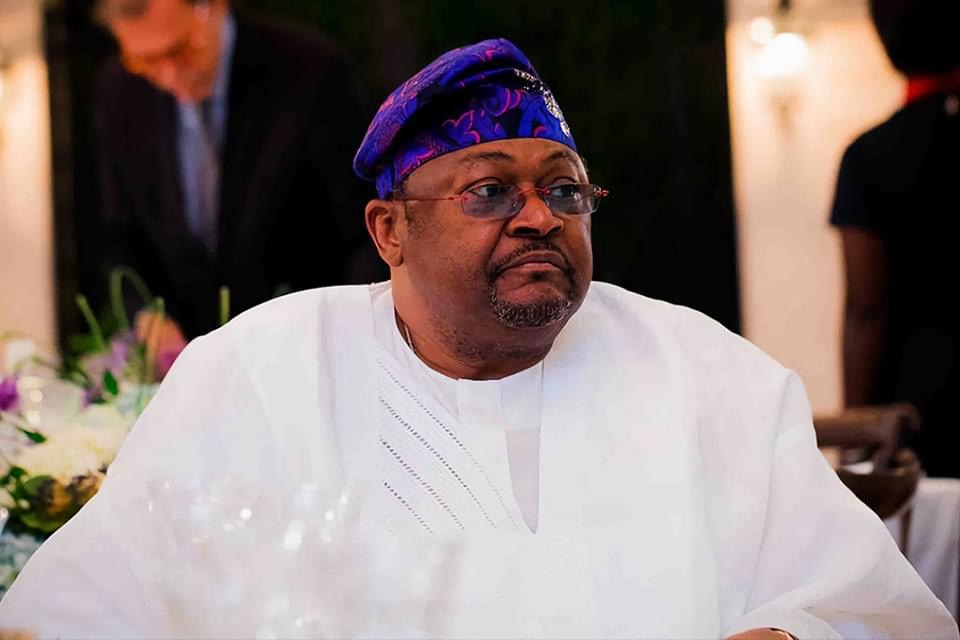
Adenuga made his first million in his twenties, moved into oil with Conoil, and later disrupted telecoms with Glo. He’s low-profile but deeply invested in sectors where demand rarely drops.
- Industry: Oil, Telecoms.
- Companies owned: Globacom, Conoil Producing, Conoil PLC, and Cobblestone Properties.
- Estimated net worth: $6.7 billion.
- First big break: Importing lace and soft drinks in the 1970s.
- Recent move: Quietly expanding Glo and holding substantial oil assets.
- What you can learn: You don’t have to be loud to build powerful, long-lasting businesses.
4. Arthur Eze — $5 billion
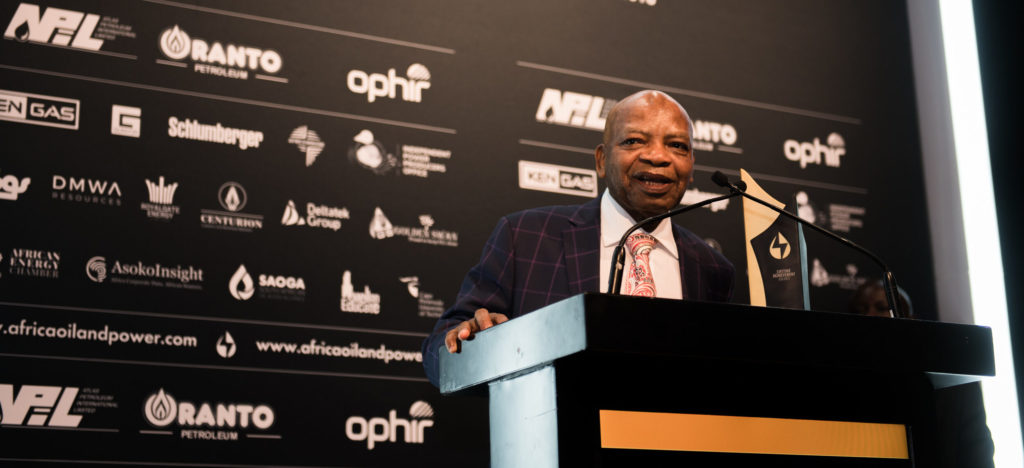
Through Atlas Oranto Petroleum, Arthur Eze owns oil assets in over 10 African countries. His wealth comes from upstream oil deals, cross-border expansion, and strategic political connections.
- Industry: Oil and gas.
- Companies owned: Atlas Oranto Petroleum.
- Estimated net worth: ~$5 billion.
- First big break: Launched Atlas Oranto in the early ‘90s.
- Recent move: Expanding oil interests across West Africa.
- What you can learn: Oil and gas wealth takes time, deep pockets and the right relationships.
5. Cletus Ibeto — $3.8 billion
From selling spare parts in Onitsha to building factories, Ibeto followed the local trader’s path to industrial wealth. He spotted the gaps in Nigeria’s manufacturing and filled them with everything from cement to oil and other industrial materials.
- Industry: Cement, Oil, Manufacturing.
- Companies owned: Ibeto Cement, Union Autoparts Manufacturing, Ibeto Petrochemical Industries, and Kings’ Palace Hotels, under The Ibeto Group.
- Estimated net worth: $3.8 billion.
- First big break: Became a key spare parts supplier in the 1980s.
- Recent move: Beyond cement and petrochemicals, Ibeto has diversified into real estate, hospitality, and gas processing.
- What you can learn: Build around what Nigeria is importing, then find a way to make it locally.
6. Benedict Peters — $2.7 billion
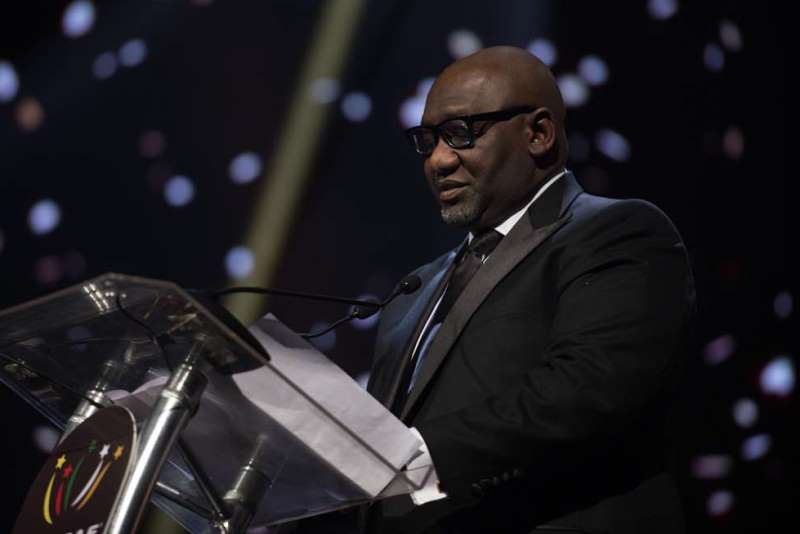
Founder of Aiteo Group, Peters controls one of Nigeria’s most significant oil blocks. He started in oil trading and moved into upstream exploration, the riskier but more profitable side of the oil and gas business, making him one of the richest men in Nigeria.
- Industry: Oil and gas.
- Public companies: Aiteo Eastern E&P, Aiteo Energy Resources, and others under the Aiteo Group.
- Estimated net worth: ~$2.7 billion.
- First big break: Worked under Dangote Group before launching Aiteo.
- Recent move: Investing in energy infrastructure and sports partnerships.
- What you can learn: Use industry knowledge to take calculated risks, especially when moving up the value chain.
7. Tony O. Elumelu — $2.5 billion
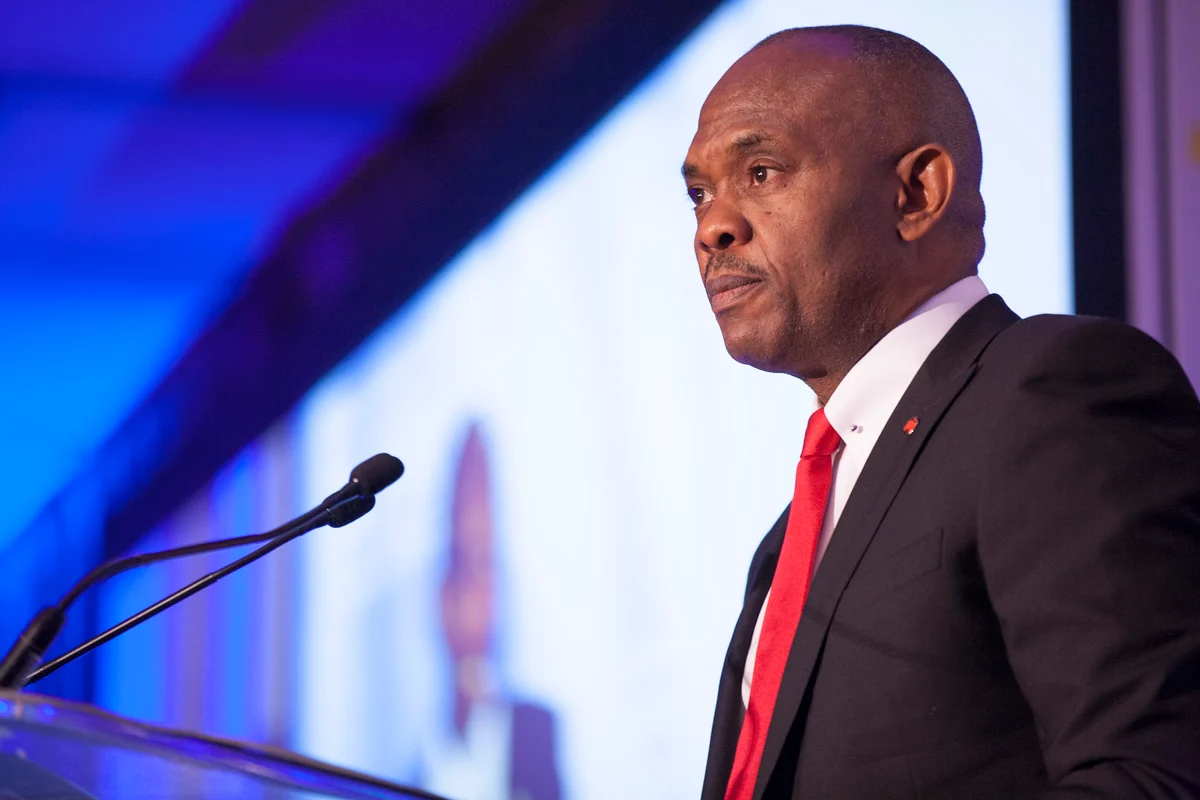
As one of the richest men in Nigeria, Elumelu made his name by reviving a small bank and turning it into UBA. He’s now building power and hospitality businesses under Transcorp while funding African entrepreneurs through his foundation.
- Industry: B/Power, Hospitality.
- Public companies: UBA, Transcorp Power, Transcorp Hotels, and Heirs Holdings.
- Estimated net worth: $2.5 billion.
- First big break: Took over and scaled Standard Trust Bank in 2005.
- Recent move: Acquired key power assets through Transcorp.
- What you can learn: Combine business with impact and scale what already works.
8. Femi Otedola — $1.5 billion
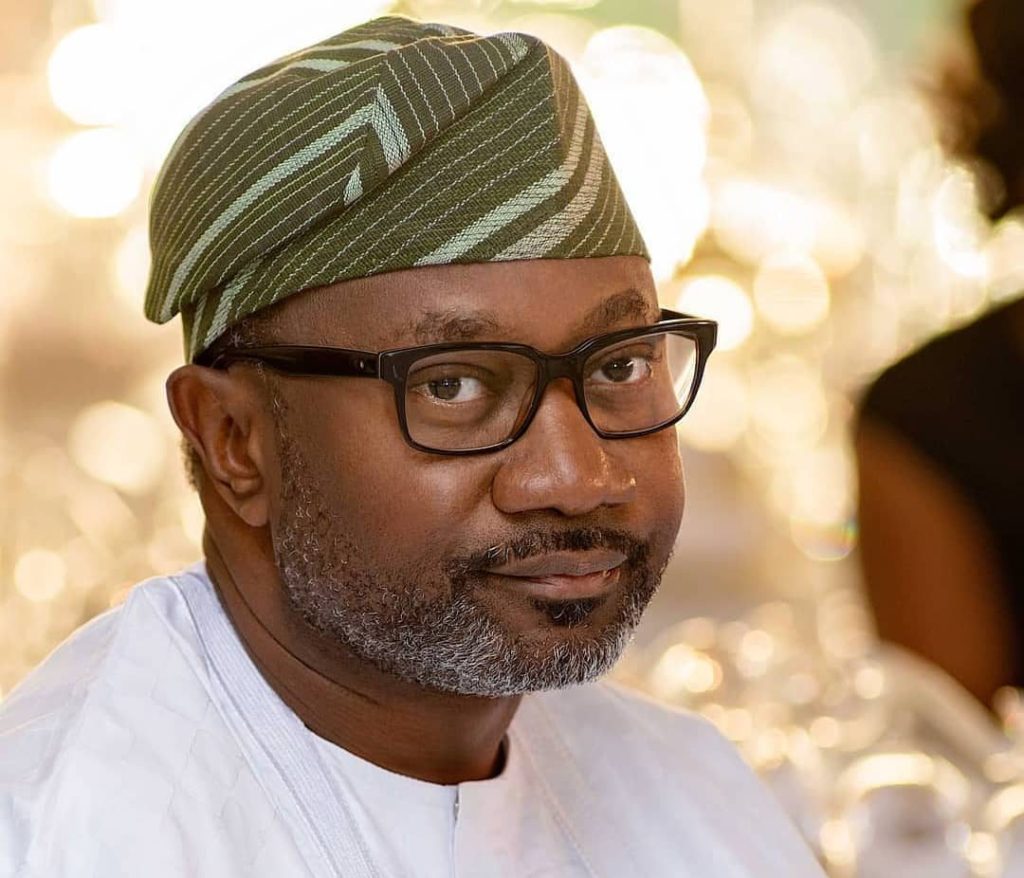
At one point, Otedola was Nigeria’s oil money poster boy. These days, he’s betting big on power and finance and doing it with precise timing. Just like he cashed out of Forte Oil at its peak, he’s now making quiet moves in First Bank and Geregu Power.
- Industry: Power, Finance.
- Companies owned: Geregu Power, FBN Holdings, Zenon Petroleum and Gas, SeaForce Shipping Company Ltd, and other notable investments across various sectors.
- Estimated net worth: $1.5 billion.
- First big break: Secured government licences to import petroleum products.
- What you can learn: Timing matters. Know when to exit and where to reinvest.
9. Pascal Dozie — $1 billion

Best known as the founder of Diamond Bank, one of Nigeria’s largest retail banks, until its acquisition by Access Holdings in December 2018. Dozie also made a significant early investment in MTN Nigeria. As of June 2023, his stake in MTN was valued at ₦91.26 billion.
- Industry: Banking, Telecom.
- Companies owned: Founded Diamond Bank (now part of Access Bank).
- Estimated net worth: $1 billion.
- First big break: Economic consultancy in the 1970s.
- Recent move: Focused on long-term investing and mentoring.
- What you can learn: Backing high-growth companies early can pay off for decades.
10. Jim Ovia — $980 million
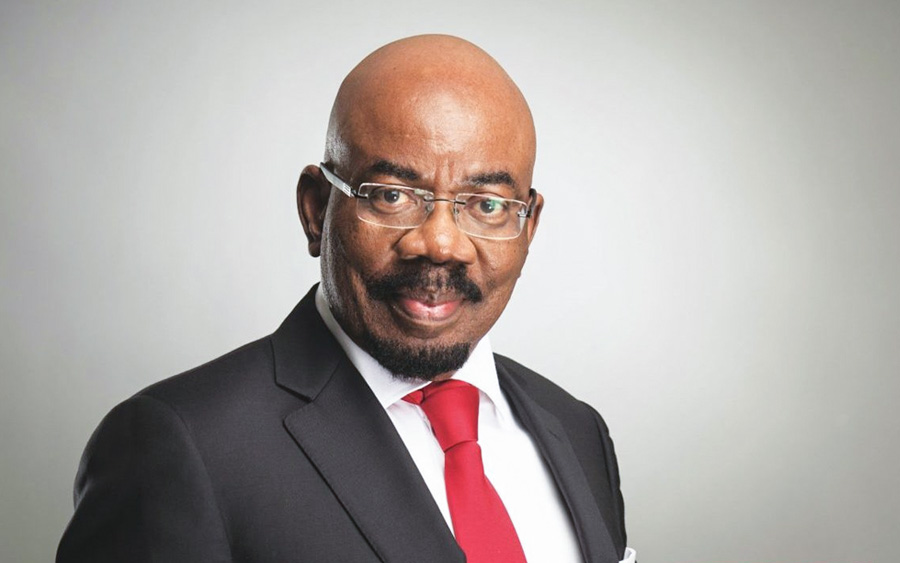
Ovia founded Zenith Bank in 1990 and still holds a significant stake. He also ventured into telecoms through Visafone, which was sold to MTN. Most of his money comes from banking dividends, solidifying his position as one of the richest men in Nigeria.
- Industry: Banking.
- Public companies: Zenith Bank.
- Estimated net worth: ~$980 million.
- First big break: Started Zenith with a banking licence in the ’90s.
- Recent move: Heavy into real estate and philanthropy.
- What you can learn: Ownership and quiet consistency matters. He stayed focused, didn’t spread himself thin, and it paid off.
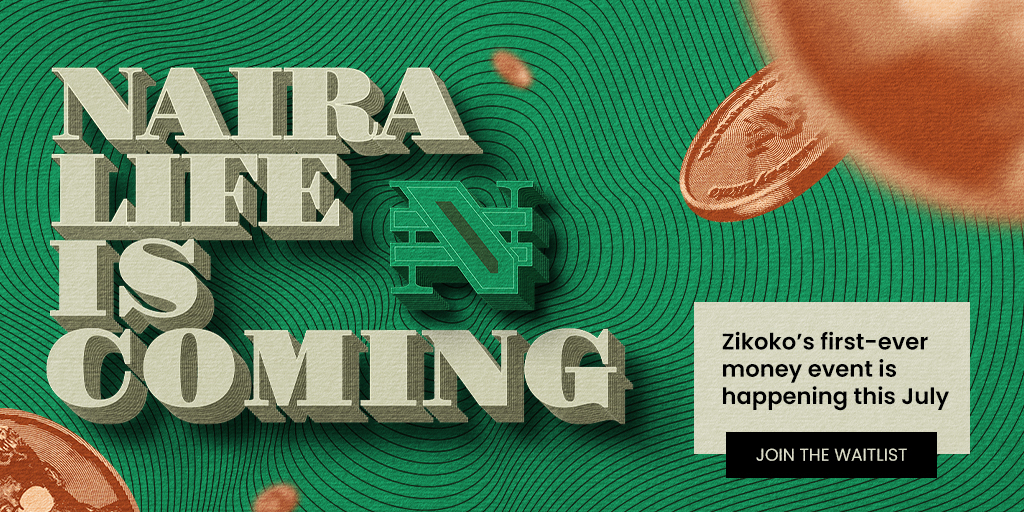
Click here to join the waitlist for Zikoko’s first-ever money event!
Also Read: The Cost of Exclusivity: What It Takes to Join Lagos’ Elite Clubs
Zikoko readers are currently giving feedback about us this year. Join your voice to theirs by taking this 10-minute survey.

